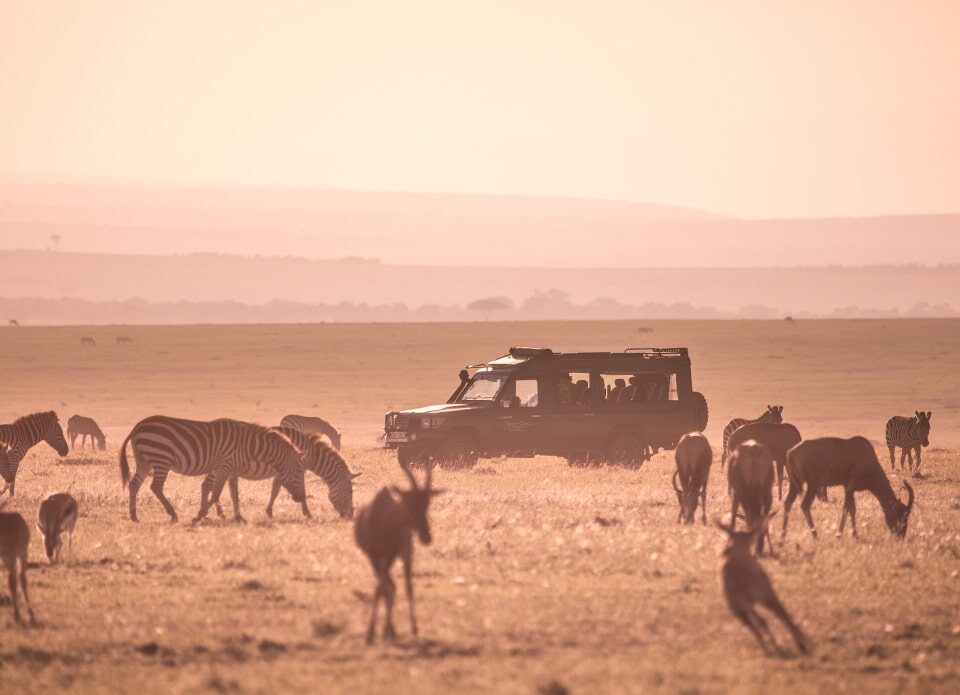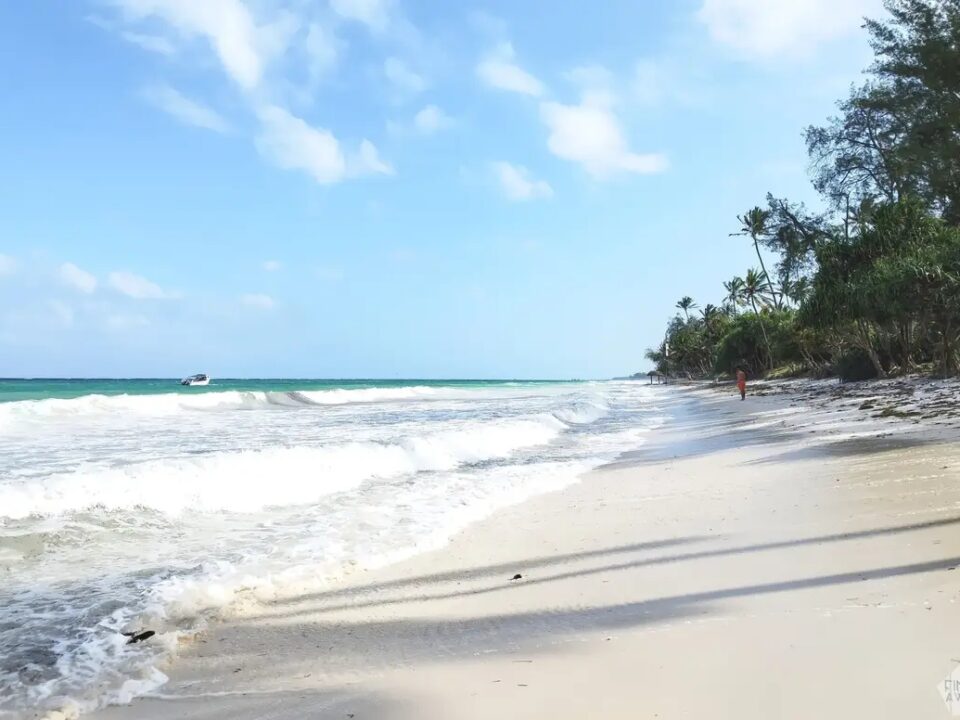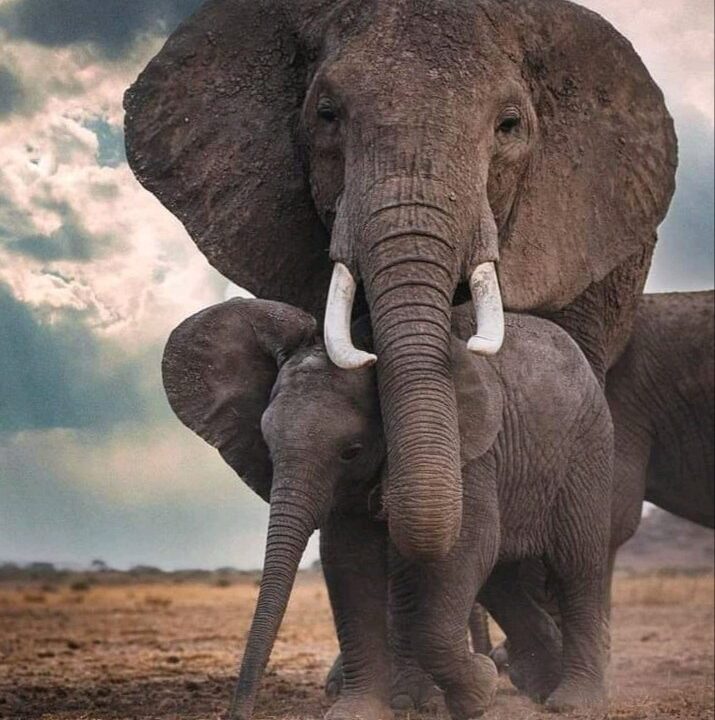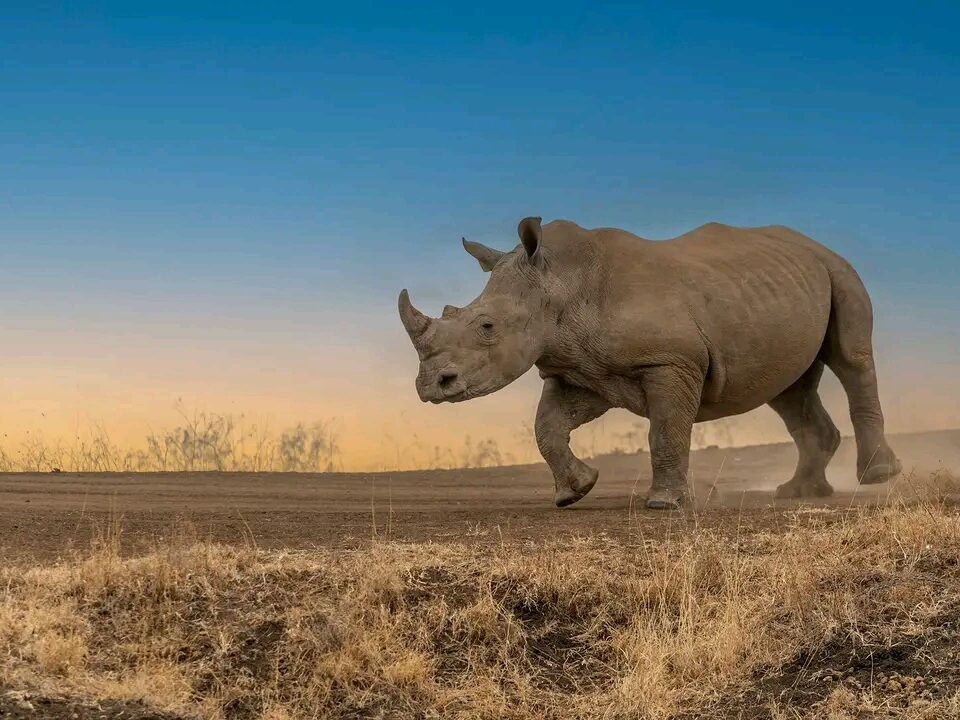
How much does a wildlife safari cost in Kenya?
November 15, 2023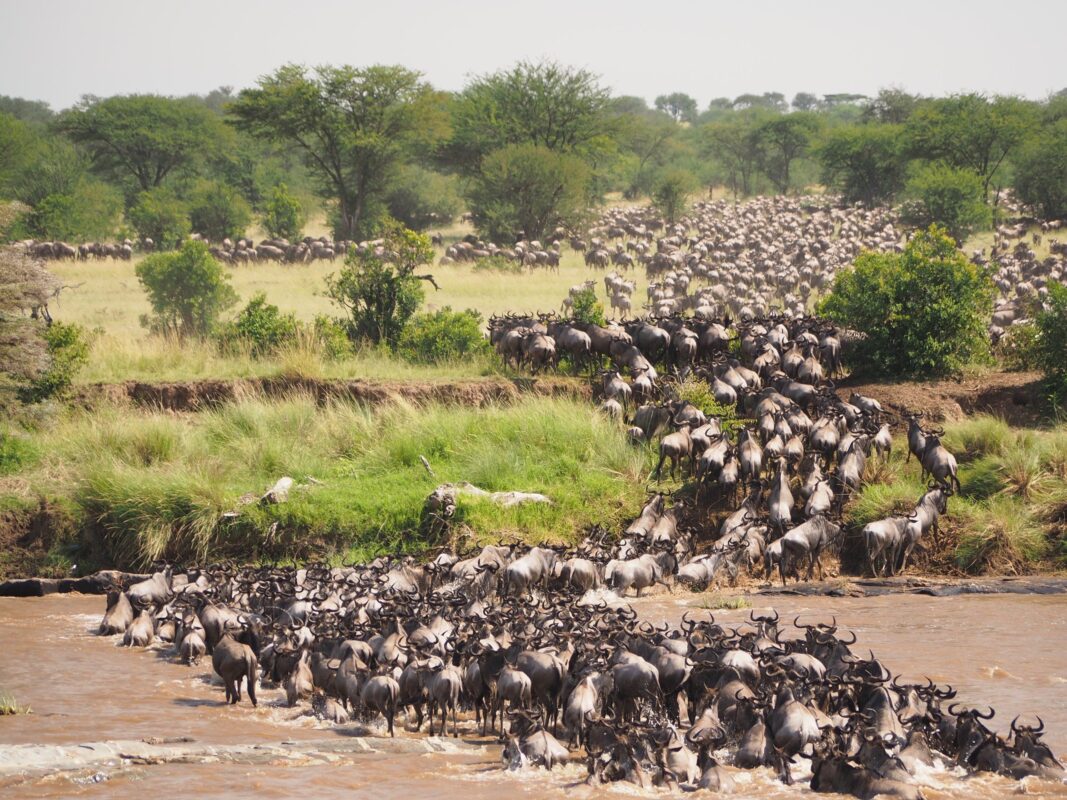
Is safari cheaper in Kenya or Tanzania
November 20, 2023Why are Kenya safaris Expensive? – Why are African Safaris Expensive?
One of the most asked questions by travelers is ” Why are Kenya safaris Expensive?” The truth is, a Kenya safari is not the most cost-effective vacation you’ll ever take, but it is undoubtedly one of the most thrilling and unforgettable experiences that will leave an indelible mark on your life. Kenya safaris and Africa, in general, are a must-visit for wildlife viewing safaris before you retire. The amazing country teems with several Reserves and National parks that host large numbers of wildlife species, you will enjoy viewing several species while on your safari vehicle. Why are Kenya safaris Expensive? A safari is not cheap in Kenya and several factors influence the cost of safari in Kenya and Africa in General.
About Kenya Safaris & Prices
Kenya is incredibly amazing, and those who have experienced its beauty and grandeur find themselves returning time and time. However, why do safaris in Kenya come with such a high price tag? There are three main reasons why Kenya is considered an expensive destination: inadequate infrastructure, complex logistics, and high staff-to-guest ratios. In addition, the tourism policy in Kenya promotes ‘high price-low density’ to protect sensitive ecosystems from being overrun by human traffic.
Moreover, if you’re still wondering what makes Kenya safaris so costly, let us delve further into this question.
Here are the factors that make Kenya safaris costly – Why are Kenya safaris Expensive?
-
Distance & Infrastructure
Traveling in developed countries across Europe, the US, and Asia is relatively inexpensive due to the extensive infrastructure such as airports, highways, railway lines, and hotels. There are many companies offering services, which results in a competitive market leading to lower prices. These regions are also popular tourist destinations, which means economies of scale come into play.
However, Kenya is a completely different story. Other than the capital cities, there are no airports apart from airstrips that can only accommodate a limited number of guests arriving and departing at a time. There are no large jet fuel tankers at these airstrips for easy refueling, and every drop of fuel must be transported at a considerable cost. The roads may be dirt and easily washed away during heavy seasonal rains or floods.
Unlike countries in Europe and the US, Kenya’s infrastructure is limited, and there are no trains, buses, or low-cost carriers traveling between different locations regularly. Instead, private operators provide transportation, including road transfers, charter flights, and day tours.
-
National Park Entry Fees – Why are Kenya safaris Expensive?
When visiting Kenya’s national parks, game reserves, and conservancies, visitors are required to pay a conservation fee for every day spent inside these protected areas. This fee is used to finance the extensive management of these areas. The cost of conservation fees is usually included in the cost of your safari, and the funds collected are transferred to national parks, private game reserves, and indigenous landowners. By paying these tariffs, you are directly contributing towards wildlife conservation and providing a tangible incentive for local communities to help protect Kenya’s magical ecosystems. Although these fees may make Kenya safaris seem expensive, they are necessary to help preserve the land and wildlife.
Most safari lodges and camps were established to conserve land and wildlife, especially in private game reserves and conservancies. Preserving the land and wildlife requires significant time, effort, money, and manpower, such as anti-poaching units. Your stay at these lodges and camps contributes largely towards conservation programs and community upliftment initiatives, which help to preserve the ecosystems and wildlife. Additionally, spending your travel at a lodge or camp provides much-needed employment to local communities in most safari destinations, reducing the need or desire for poaching.
-
Remote Locations
Once you arrive at your safari lodge or camp in Kenya, you will find yourself miles and miles away from cities. This means that the camps need to be self-sufficient. Every grain of rice you eat, every bottle of beer you drink, every drop of soap you use, the mattress you sleep on, and the fan that keeps you cool has been transported across thousands of kilometers of poor roads and taken on ferries across rivers. While it only takes about two hours to fly to a camp, it can take up to two days to drive the supplies there. Flying supplies in is even more expensive!
There are no nearby stores to stock up on essentials. The nearest shop might be over 200 kilometers (124 miles) away along a little-used road. This makes it necessary to plan logistics very carefully to keep a safari lodge running smoothly, as they are so isolated. As a result, their operational costs are very high, which is why Kenya safaris are expensive.
-
All-inclusive rates – Accommodation
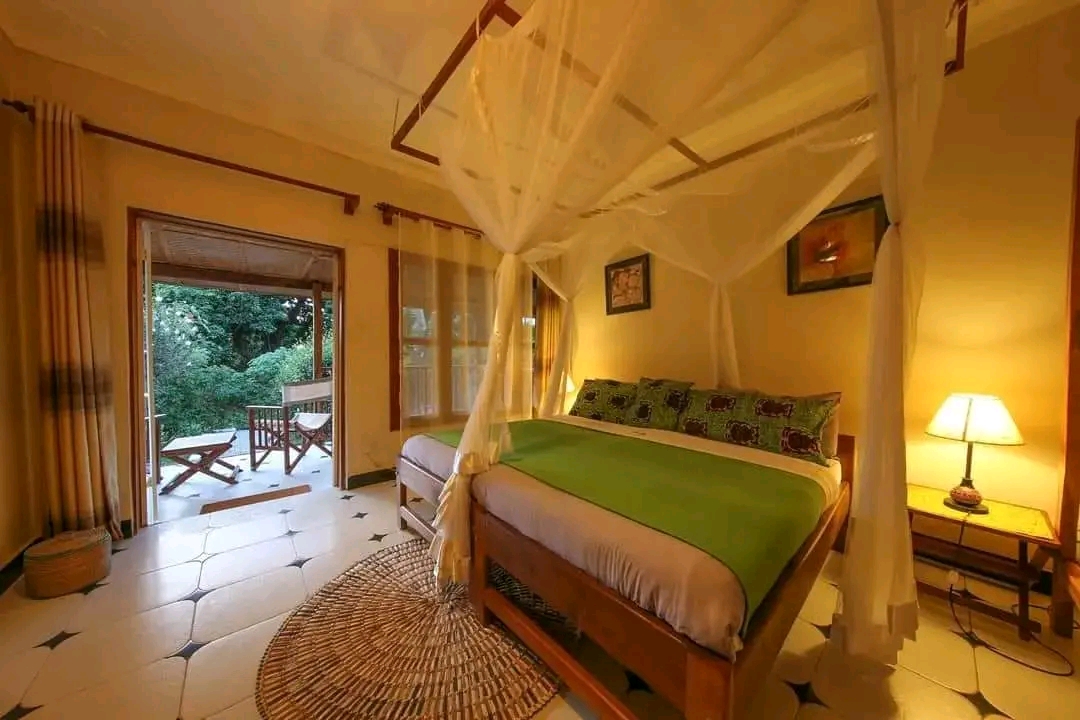
Why are Kenya safaris Expensive
When planning a Kenya safari, you may come across the term ‘all-inclusive’. This means that you pay a set daily rate per person that includes your accommodation, meals, snacks, and standard drinks, as well as your general game-viewing activities. At first glance, this might seem like an expensive option, but the truth is that all-inclusive safaris offer excellent value for money.
When you go on safari, you are likely to be in a remote location, which means that the safari camp has to provide almost everything. Unlike hotels, there are no restaurants to order meals from or supermarkets to buy snacks and drinks. That’s why the cost of accommodation on a safari can seem high, especially when compared to a stay at a hotel that only offers breakfast.
However, it’s important to bear in mind that this initial cost covers more elements than just accommodation. When you stay at a safari lodge, you don’t have to worry about finding places to eat or things to do – everything is taken care of. The all-inclusive package includes meals, snacks, drinks, and game-viewing activities, which means that you won’t have to spend as much during your stay. This makes all-inclusive safaris a great value-for-money option, and a worry-free way to experience the beauty and excitement of a Kenya safari. The above surely answers the question of ‘‘Why are Kenya safaris Expensive?’’. Explore Kenya today, book your Kenya adventure safari with Acacia Safaris Limited, and experience ultimate safari memories.
Kenya Safaris Tour Related Searches
- Kenya Wildlife Safaris
- 5 Days Kenya Jungle Safari
- 6 Days Great Migration Kenya Safari
- 6 Days Kenya Wildlife Tour
- 7 Days Kenya Wildlife Safari
- 7 Days Kenya Group Holiday Tour
- 8 Days Kenya Holiday Safari
- 8 Days Kenya Safari Tours
- 9 Days Kenya Wildlife Vacation Tour
- 12 Days Kenya Wildlife Safari Uganda Gorilla Tour
- Africa Adventure Tours
- East Africa Safaris
- Kenya Safari
- Kenya Tourist Attractions Ideas
- Big Game Wildlife Safari Kenya
- Trekking Safaris in Kenya
- 7 Days Kenya Group Tour
Popular Packages
-
- 3 Days Uganda Savannah Wildlife Tour
- 4 Days Savannah Wildlife Safari to Uganda
- 4 Days Uganda Wildlife Safari
- 4 Days Ultimate Primates Safari & Wildlife Tour Uganda
- 6 Days Uganda Wildlife Safaris Tour
- 9 Days Uganda Primates Tour
- 9 Days Uganda Adventure Safari
- 12 Days Uganda Adventure Safaris Tour
- 19 Days Uganda Classic Safari Experience
- 5 Days Uganda Rwanda Safari
- 7 Days Uganda Gorilla Tour Rwanda Wildlife Safari
- 10 Days Uganda Rwanda Wildlife Safari
- 12 Days Kenya Uganda Safari
- 12 Days Tanzania Uganda Safari
- 13 Days Rwanda and Uganda Safari
- 13 Days Tanzania Uganda Tour
- 17 Days Uganda Kenya Tanzania Safari


